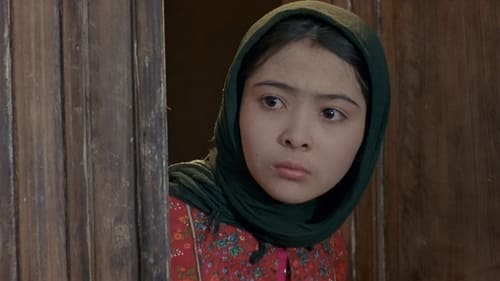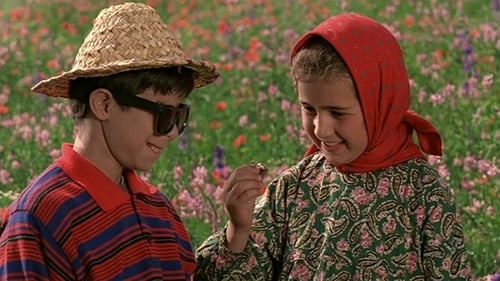
Director of Photography
Persian Carpet is an omnibus film produced by Iran's National Carpet Center and Farabi Cinema Foundation where 15 renowned Iranian directors contributed films on the subject of Persian carpet. Carpets are the reflection of the cultural and historical identity of Iran.

Director of Photography
The struggle to survive, for a generation, torn between wanting to leave its country, yet bound by blood to home.

Cinematography
A number of inmates from a reformatory school are scheduled for release. As a condition for their discharge, it is specified that the younger boys should live either with their families or in government supervision centers. On the appointed date, however, Mohsen Ghaderi's parents do not show up to take their son. Another boy, meanwhile, Sohrab, an orphan, is not accepted in the government supervision centers. The film depicts the real lives of these two young boys among other inmates of the reformatory school. The past, the present and whatever is destined to happen in the future are what this film is all about. The causes of crime, the roles the family and society play, and the efforts to re-educate juvenile delinquents at reformatory school are of particular interest in the film.

Director of Photography
Numa obra de construção da atual Teerão, Lateef, um trabalhador curdo de 17 anos, é irresistivelmente atraído para Rahmat, um jovem trabalhador afegão. Quando a Lateef são dadas tarefas mais pesadas para compensar pelo novo trabalhador afegão Rahmat, ele ressente-se e trata Rahmat cruelmente. Depois de uma das suas brincadeiras, no entanto, Lateef descobre o segredo de Rahmat - ele é uma rapariga chamada Baran. O coração de Latif suaviza para com Baran e ele mostra a sua nova afeição por ela, fazendo o que pode para aliviar as dificuldades que ela sofre no trabalho. A revelação do segredo de Rahmat muda a vida de ambos. O filme passa-se durante tempos recentes em que há um grande número de refugiados afegãos que vivem nos arredores de Teerão. Quase um filme mudo, Baran ganhou uma série de prémios nacional e internacional para o realizador e escritor Majid Majidi.

Cinematography
Tensions abound in the relationships featured in the three episodes which make up the film - that between two young children and their stepfather, a cripple setting off alone on a pilgrimage without the company of his fellow villagers, and a teacher returning to his remote village and finding himself the subject of unrealistic expectations of the other villagers.

Cinematography
The story revolves around a blind boy named Mohammed who is released from his special school in Tehran for summer vacation. His father, shamed and burdened by Mohammed's blindness, arrives late to pick him up and then tries to convince the headmaster to keep Mohammed over the summer. The headmaster refuses, so Mohammed's father eventually takes him home.





